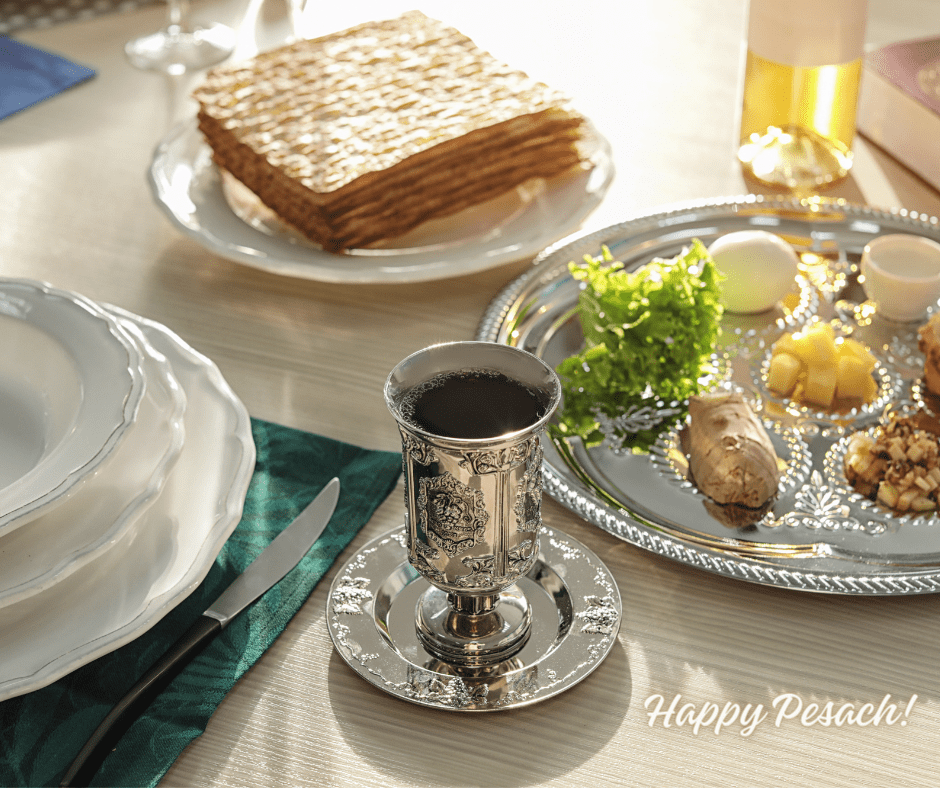
I overheard a Christian neighbor ask a new Jewish neighbor, “Should I wish you a “happy” Passover celebration?” A discussion ensued over understanding the correct way for non- Jewish people to recognize the current religious holiday that Jewish people are celebrating this week.
As to religious affiliation we are a somewhat diverse nation, made more so recently by the increase in Asian American citizens (88% since 2000) and the now 30% of people who claim no religious affiliation at all. Being a good neighbor might mean understanding at least three of the major religious holidays celebrated in the U.S. every spring. As families prepare special foods and gather around dining tables, decorate their homes, and/or attend services at their places of worship, there are similarities and differences to keep in mind as we move about our neighborhoods and connect through our workplaces.
All three spring holidays provide important elements that help grieving to become an art and help us live our best lives. These holidays invite people to come together as a community to look back on ancestral events, and express gratitude for gifts given, and challenges and losses survived. Passover (Pesach) is a 7-day Jewish holiday which in Judaism commemorates the Hebrew’s liberation from slavery in Egypt and the “passing over” of the forces of destruction. Passover connects to Christianity as Jesus was raised as a Jew and his last supper was a Passover meal.
Easter follows a Holy Week in the story of Jesus’s life, his death on a cross, culminating in what Christians believe was his resurrection from the dead. For those in the Muslim faith, Ramadan is a commemoration of when the holy book the Quran began to be revealed to their founder Muhammad. It involves a holy month of prayer, fasting, worship and studying the Quran.
These gatherings which occur at the same season each year provide markers along the spiraling journey grief takes throughout our lives. An empty seat at the table reminds us of loss, but also the gift that our loved ones’ life has been to us. The artful displays, the dishes prepared, the stories told, and retold, bring everyone, old and young, members long-term and new, into the larger reality of which we are all a part. The gift of grief and of the arts we use to practice it is joy. So, we can expect that, though these holidays can mean facing former or present losses and difficulties, the outcome of each celebration will be joy.
Expressing our good wishes can be “Happy Pesach! Have a sweet Passover! Happy Easter! Ramadan Mubarak! Blessed Ramadan!
Sheila
PS – In case you missed it, as of last Tuesday The Art of Grieving is available for pre-order on Amazon. Here’s the link: https://a.co/d/fCLchkf

